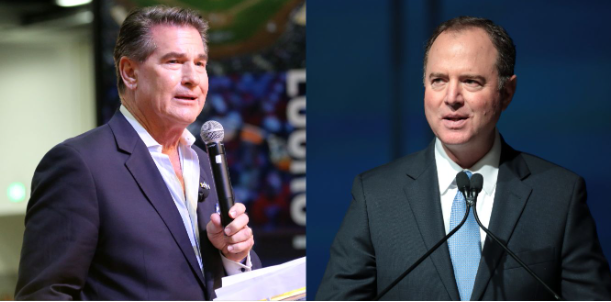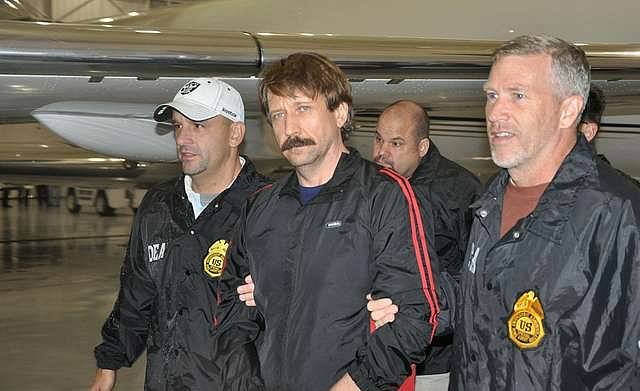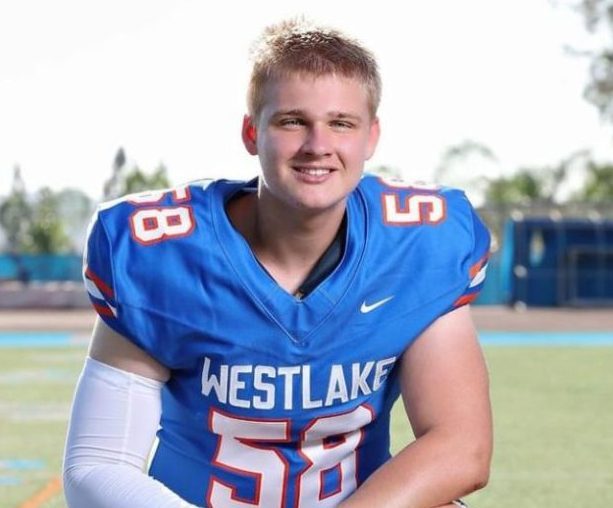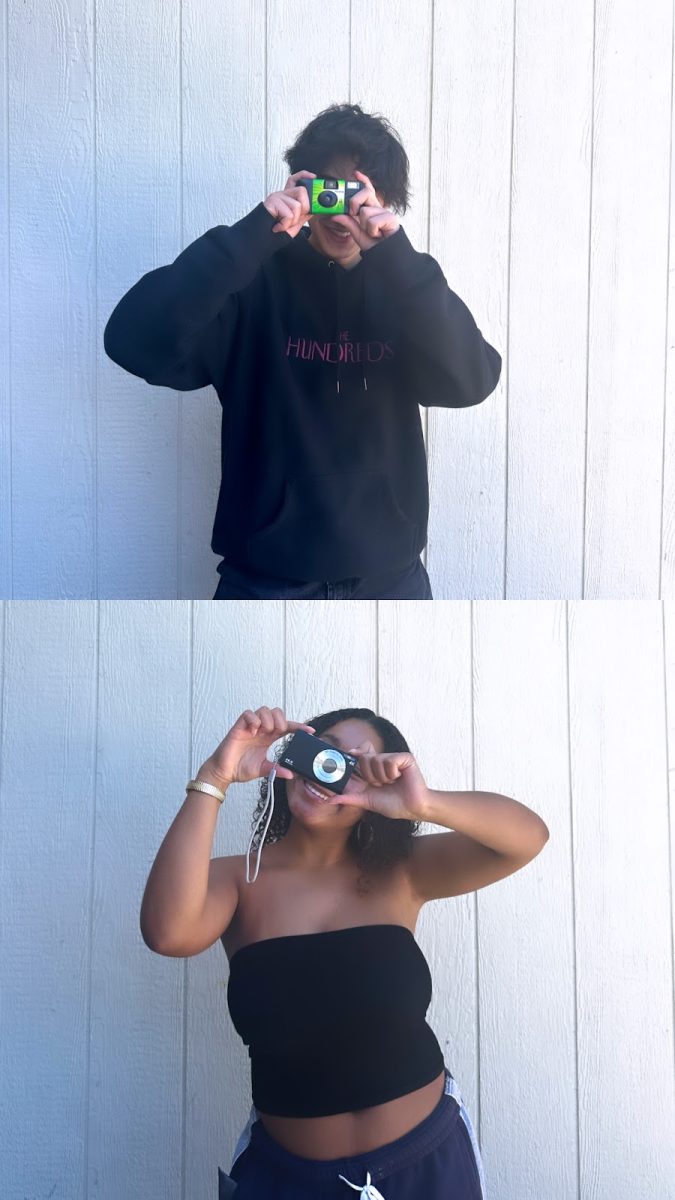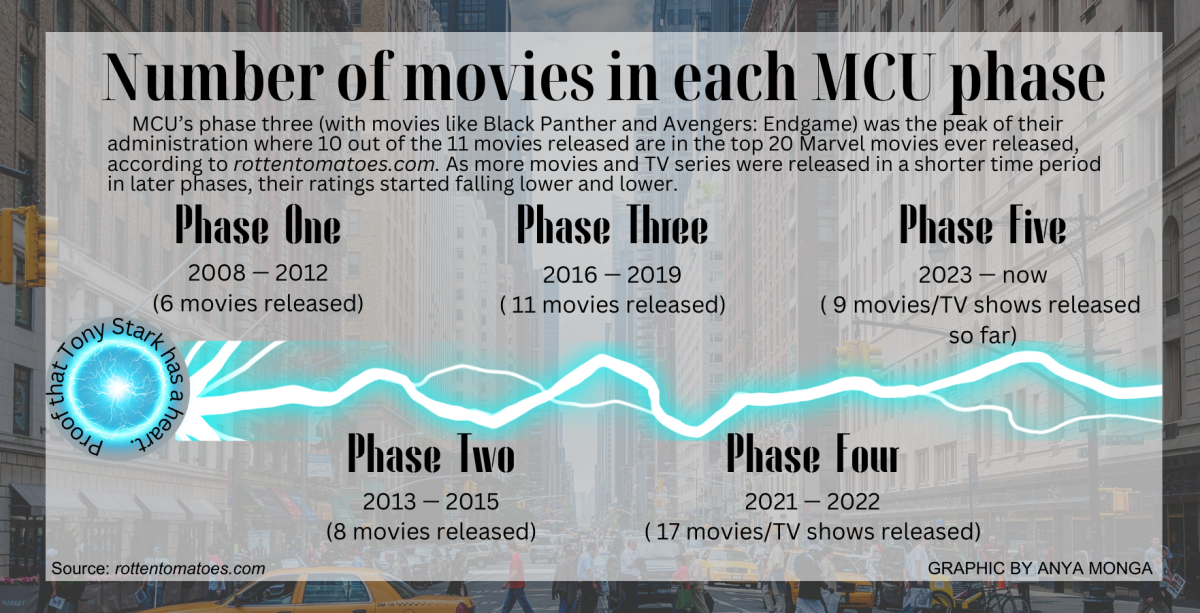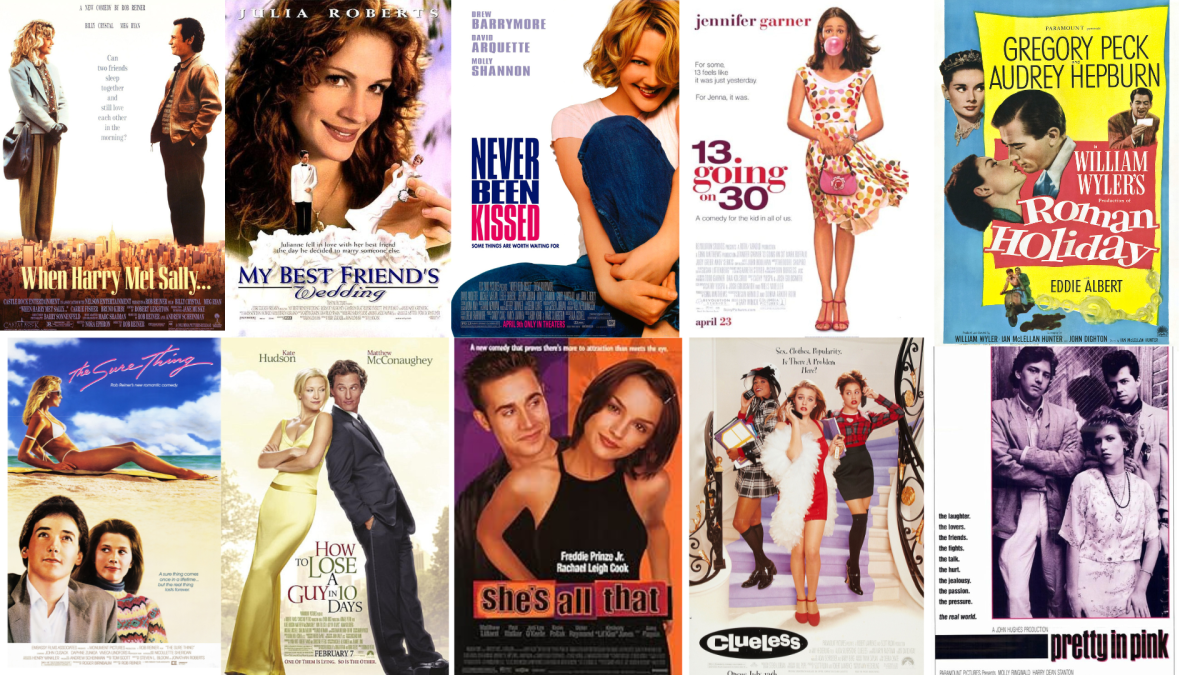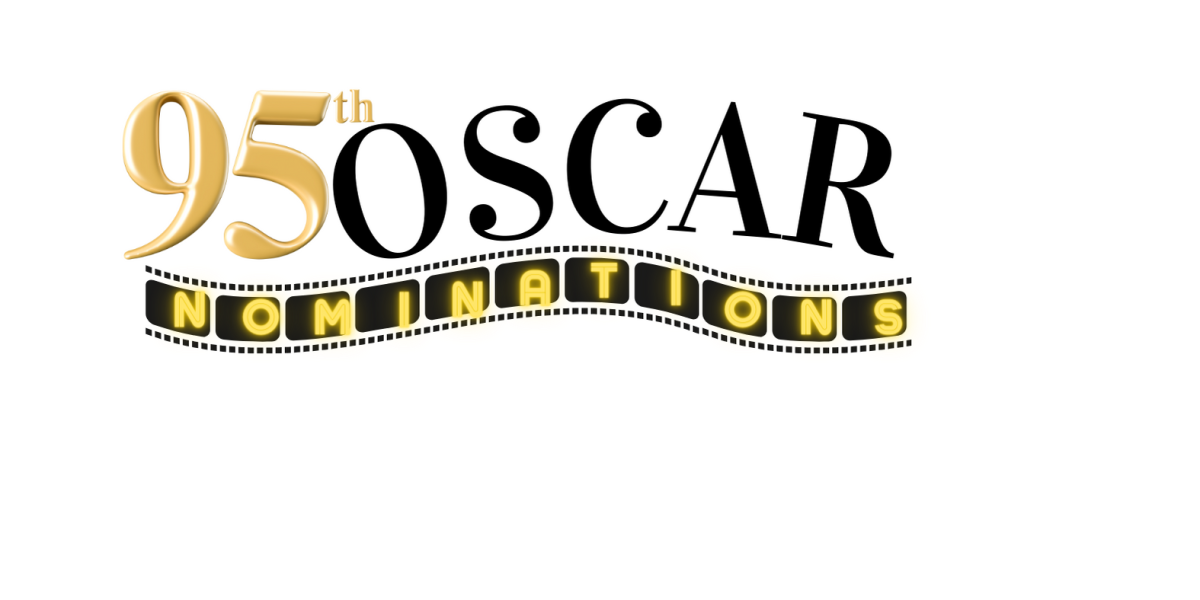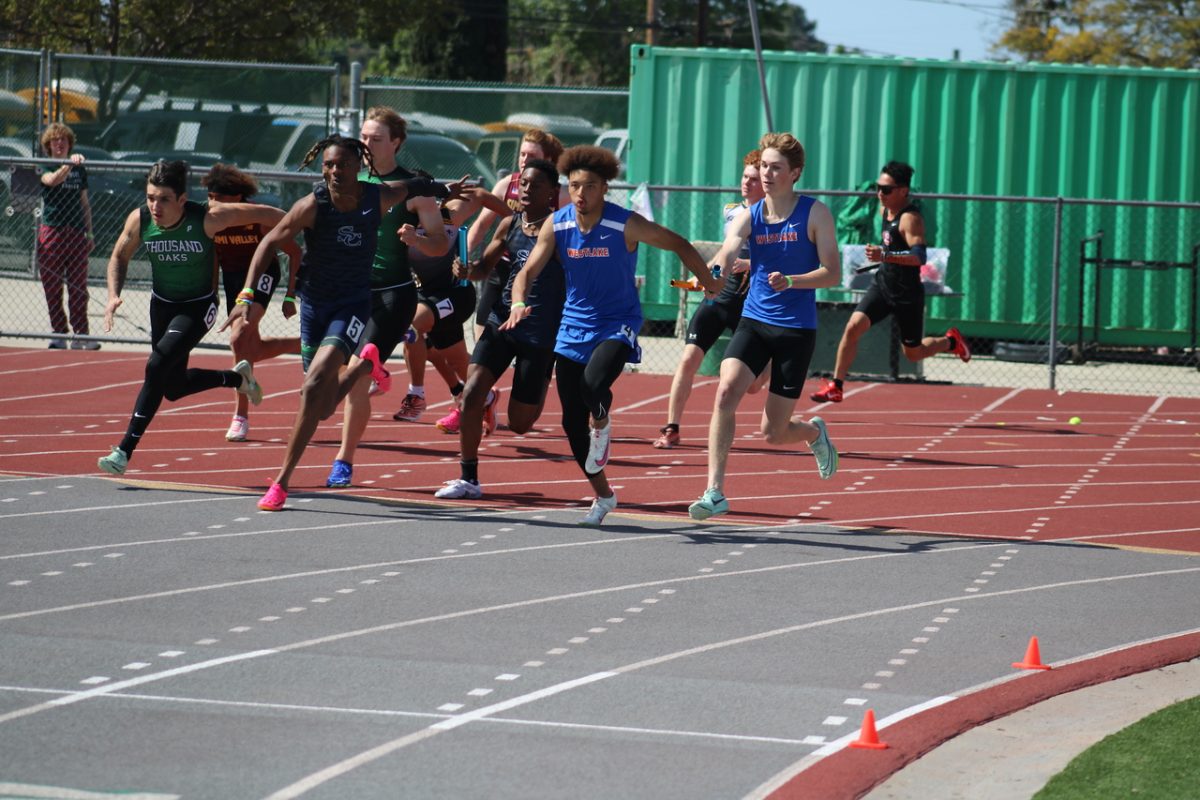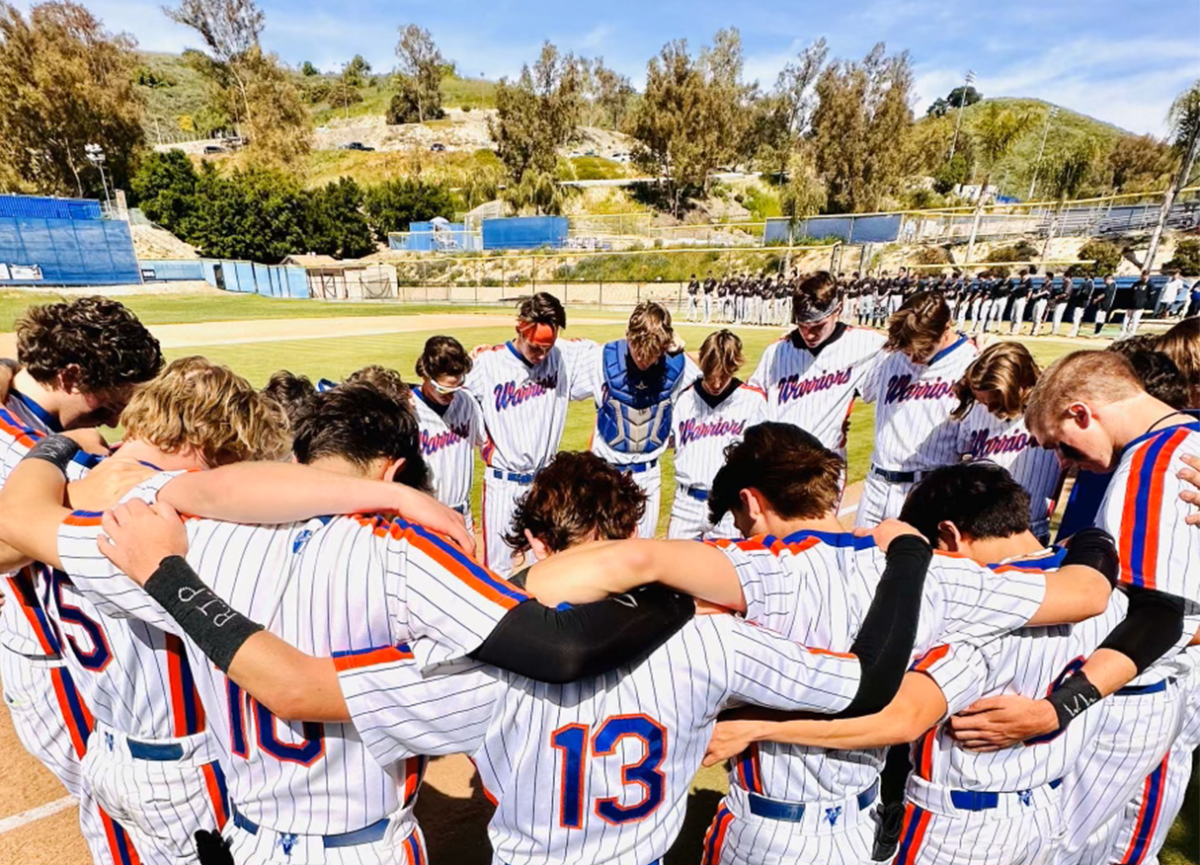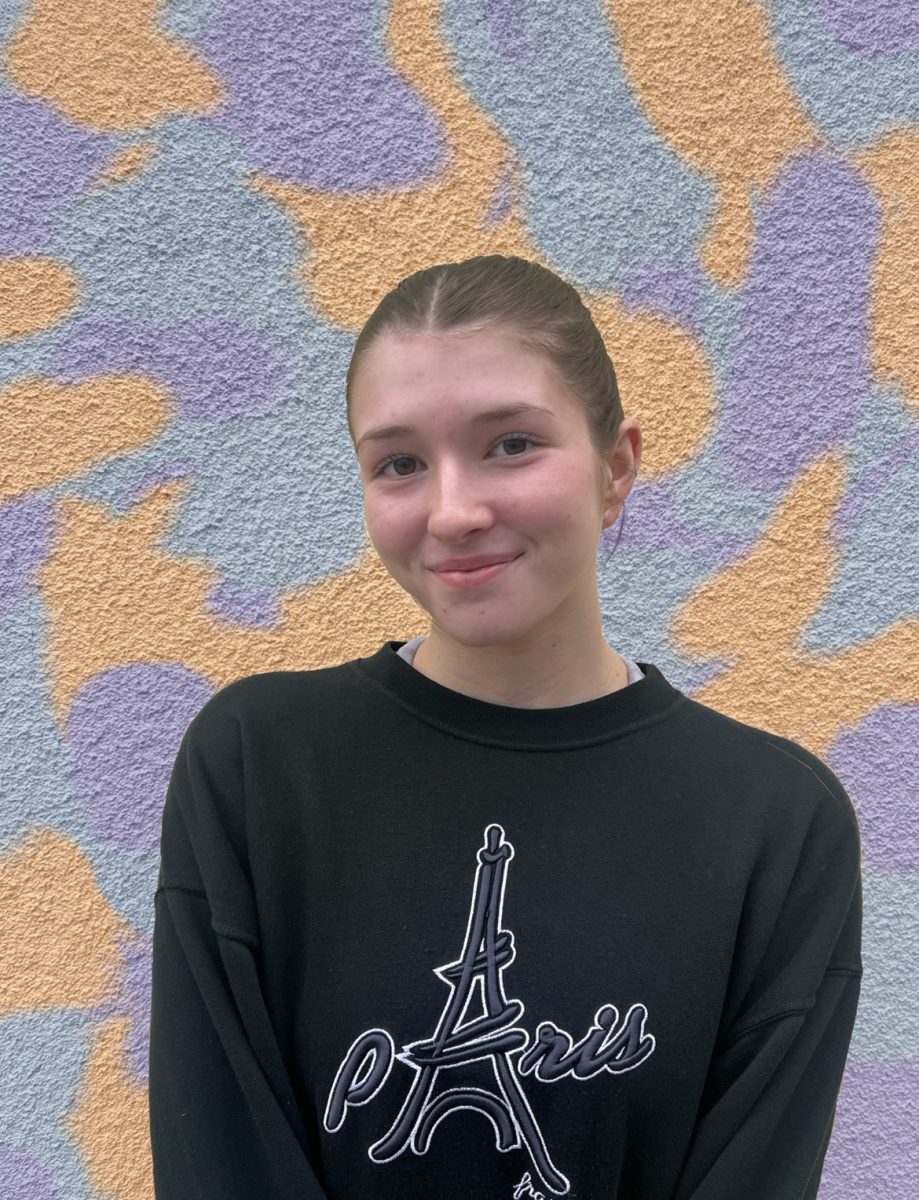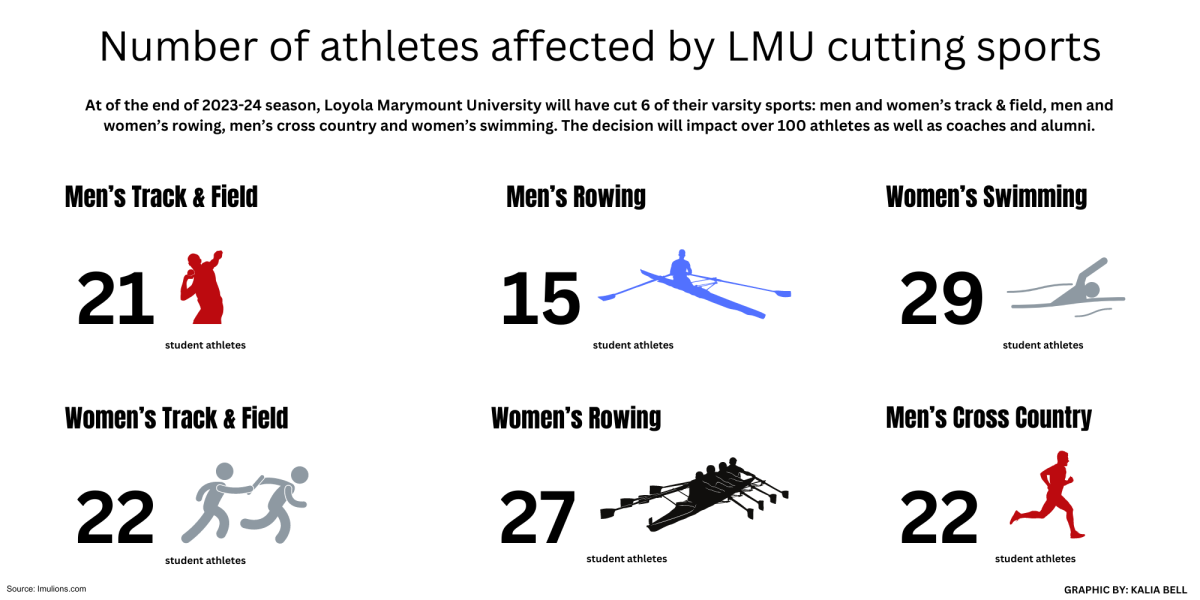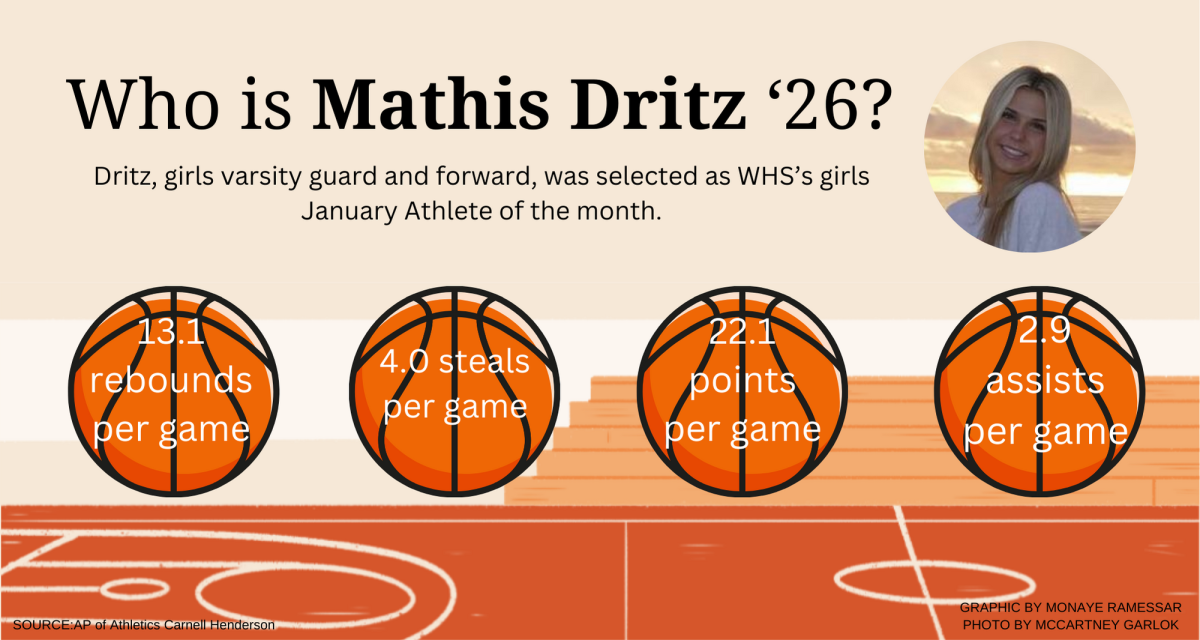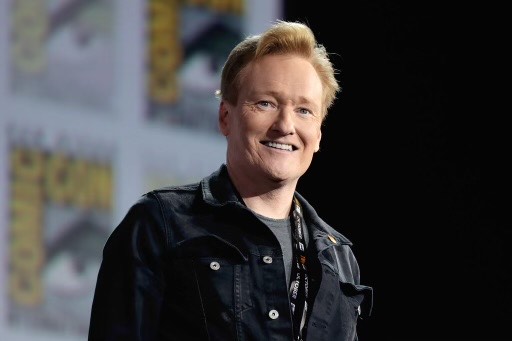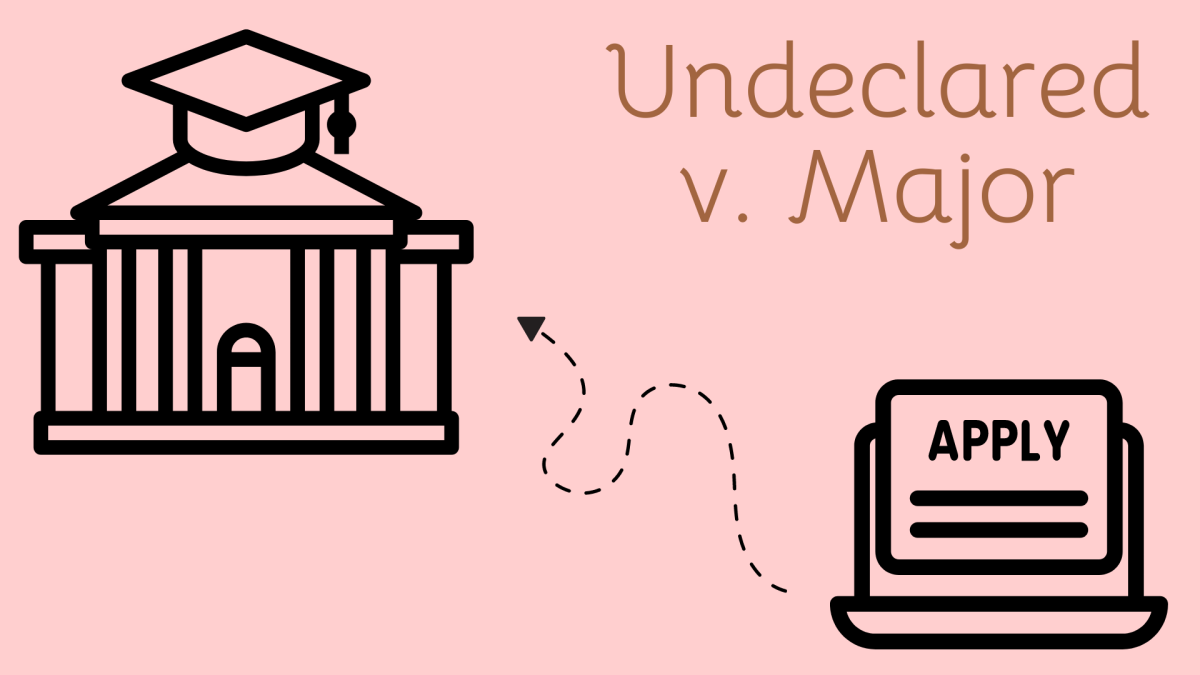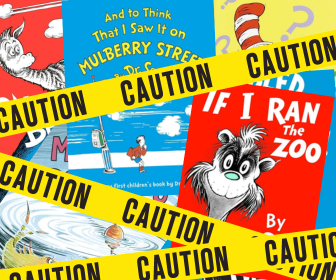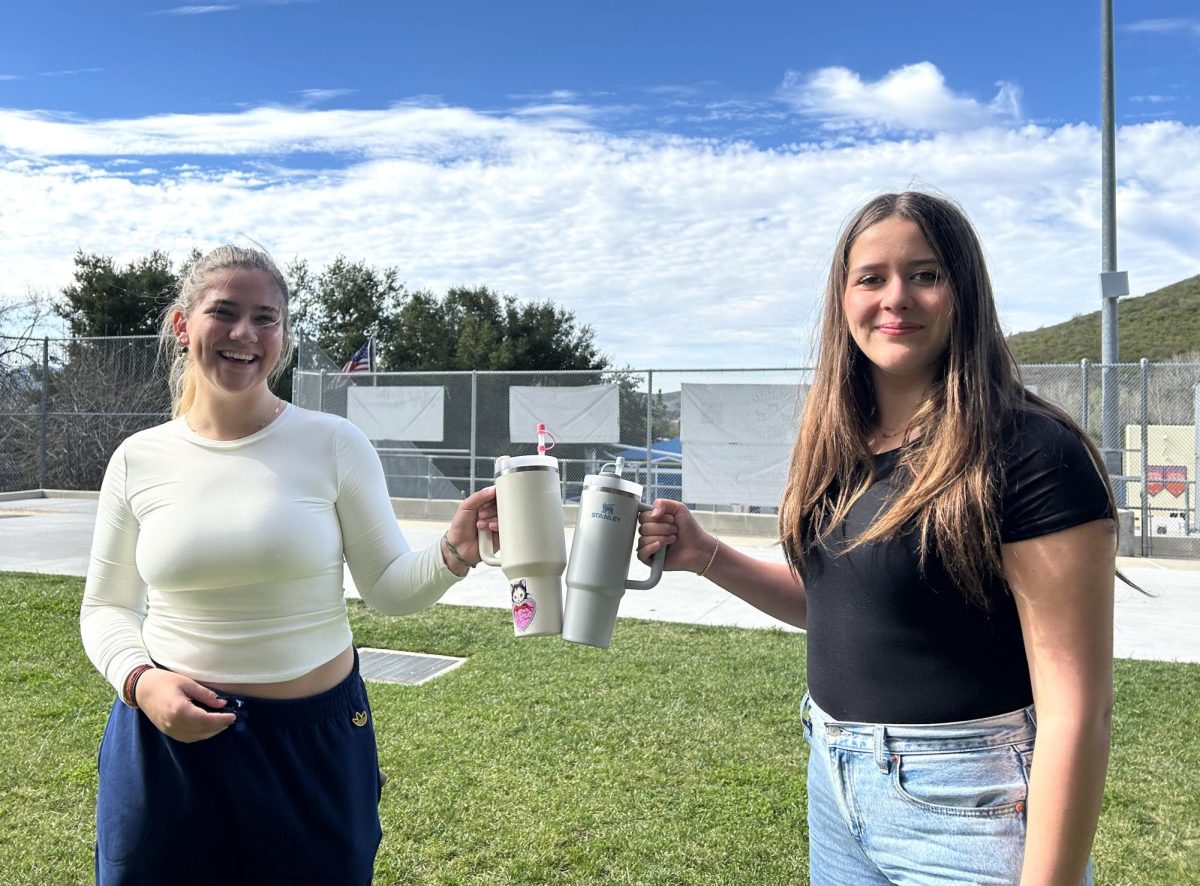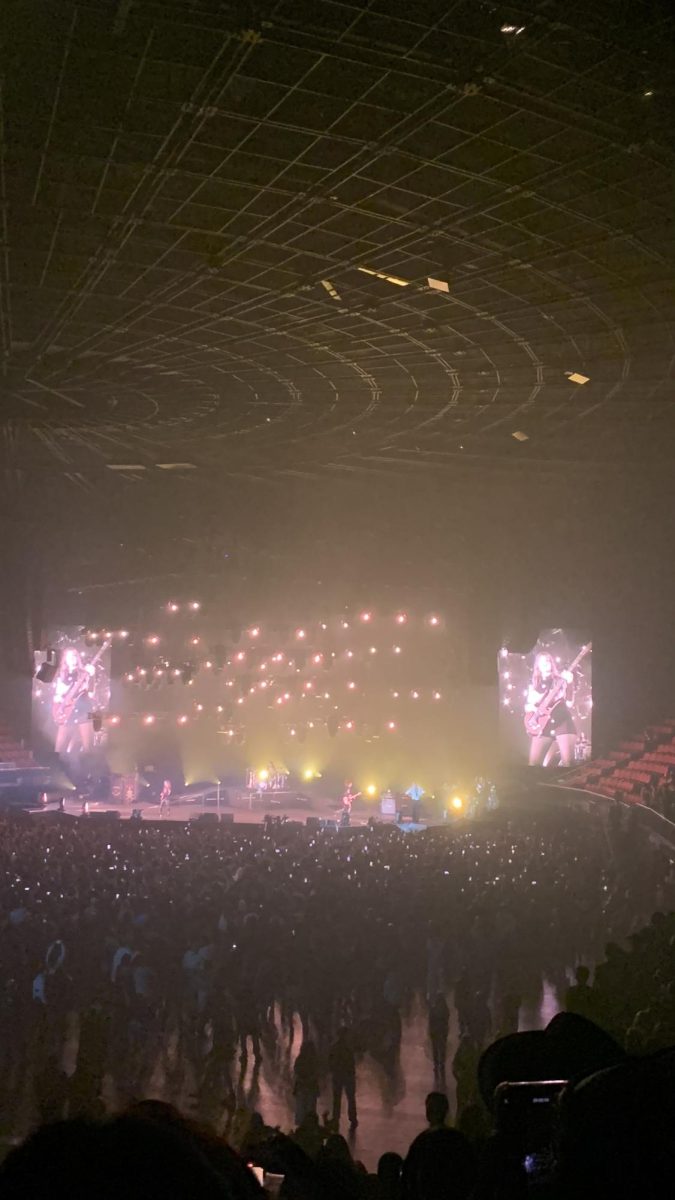“When the orgy of slashing closed the first act, I damned nearly threw up all over the chap sitting in front of me.”
That is an actual quote from my favorite news review of all time. It was written in 1985 by a crusty British man named Rodney Milnes, and, believe it or not, it was for a Tchaikovsky opera performed at the London Coliseum.
And it was LIT.
Mazeppa, the opera in question, is pretty wild just by itself. Wikipedia calls it “a blood-thirsty tale of crazy love, abduction, political persecution, execution and vengeful murder.”
The thing about opera, though, is that because most composers are already dead, pretty much all of standard repertoire is in the public domain, and you can screw with it however you want.
So what visionary director David Alden (who I have successfully reverse-adopted as my father) did was take Tchaikovsky’s 1884 masterpiece, and add bodies hanging on meat hooks, buckets of blood and an infamously graphic chainsaw massacre at the end of Act 1, effectively turning Mazeppa into the ninth Saw movie and gloriously increasing the hemorrhage rate in the crotchety British music critic community by 500%. I think that production alone paints a pretty good picture of why opera is frickin’ BADASS.
And not just because of weird modern adaptations, although those are pretty great. My personal favorite is Verdi’s Rigoletto, which has been set in literally everything from the mid-1800s when it was written, to a Vegas casino in the 1960s, to the Kennedy White House, to the actual Planet of the Apes (which I promise is 100% real and non-believers can look it up).
If you’re like pretty much everyone in the world right now, your exposure to opera has probably been limited to Looney Toons and that one image of the red-headed fat lady with the Viking horns wailing her brains out.
Let me just put that last one into perspective really quick. That picture comes from the Immolation Scene, the finale of Götterdämmerung (German for “Twilight of the Gods”). That’s the last opera in Richard Wagner’s Ring Cycle, which is basically the opera version of Lord of the Rings, except for it’s really loud, about Vikings and also 14 hours long.
In that scene, Brünnhilde (the horned lady, although in modern productions she’s usually just dressed in cool armor or smexy robes) brings the cursed ring to the Rhine River, where she orders her maidens to set up a funeral pyre, then tells them to pluck the ring from her ashes and rides into the fire on her majestic white stallion.
After that the fires die down to reveal Valhalla, or Norse heaven. And it’s over 20 minutes long and chock-full of insane high notes and coloratura runs (the OG version of riffing) for the actress playing Brünnhilde.
Yeah. Badass.
What’s more, opera is supremely underappreciated for being one of the hardest art forms to master. First of all, classical singing is the hardest kind of singing — you don’t get a mic, so your technique has to be so microscopically perfect that your voice carries over an entire 60-piece orchestra and through the whole audience, and opera houses can have up to 4,000 seats.
And you can’t just sing “louder,” because that only works for a set amount of time before you start to strain, and operas can last up to 4 hours. Not to mention that, even with all the proper training, your voice isn’t in it’s true prime until you’re 40!
Plus, you have to be an amazing actor with enormous stage presence to even have a chance of being read from the back row, and you have to speak, or at least have a grasp of Italian, French, and German, because most operas aren’t in English.
Oh, and Russian if your company decides to put on Tchaikovsky, Stravinsky, Shostakovich, Dvorak…the list goes on.
Bad. Ass.
And have you seen some of the EYE CANDY in the opera industry? Is it possible to swipe right on a whole career? Just Google Isabel Leonard or Jonas Kaufmann. COME ON.
Here’s the best part, though: contrary to popular stereotypes of opera as this really hoity-toity, inaccessible thing, it’s actually achieved a standard of diversity and representation that really blows all other types of live theatre out of the water.
First, everyone has to learn the same language, so that means any given opera stage will almost always be shared by singers from all around the world — American, European, Asian, Latinx, and African singers all united and connected in one place, sharing the same goal and speaking the same artistic language.
Plus, gender is very fluid in opera — boy characters are often cast as travesti, or pants roles, in which a woman cross-dresses in order to sing in the higher vocal range of a young boy. And those young boys usually have love interests, so, in opera, you see homosexual couples on stage almost as much as heterosexual couples.
Or those travesti can be played by a countertenor — a male with a mezzo or soprano voice, another welcome subversion of the gender norm, this time musical.
Not to mention that basically all operas are performed with projected subs at every performance, which makes them more accessible to deaf and hard-of-hearing audiences.
So I really encourage you guys to give opera a chance! The Metropolitan Opera does monthly HD live streams of its operas to movie theatres in cities everywhere, including Thousand Oaks, and if you want to attend one, you can visit metopera.org for info!
And if you see a burning white stallion parked outside the theatre, that one’s mine.
